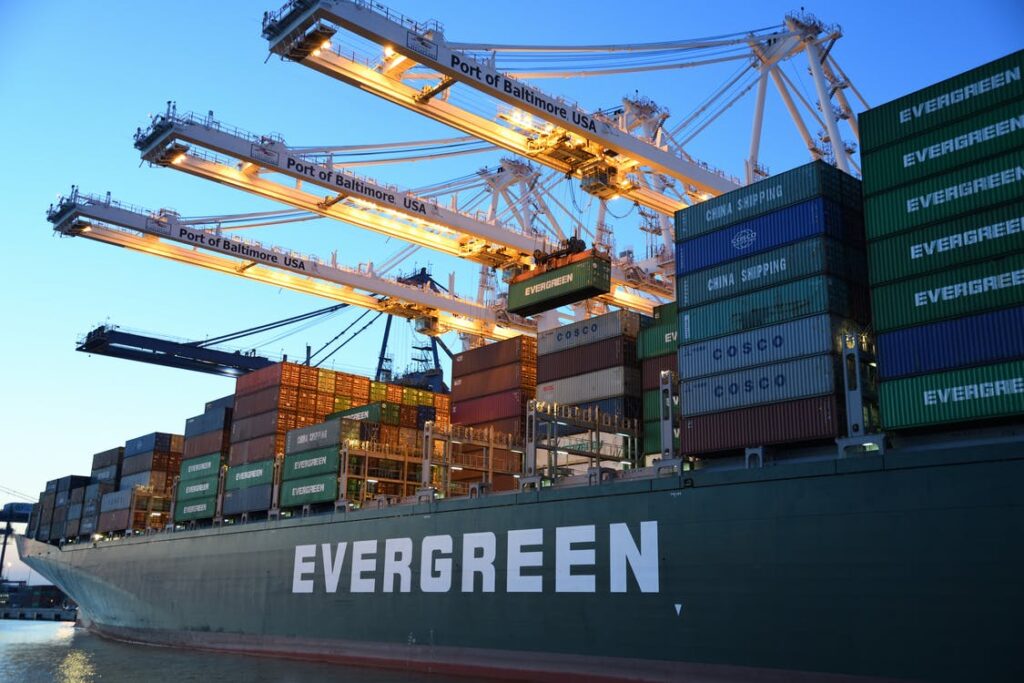Ocean freight is the transportation of often large loads of containerized cargo loaded onto vessels via the world’s oceans and waterways. Ocean freight accounts for over 90% of freight transported globally and for this reason, is a big part of freight and logistics. Typically, cargo carrying weights over 100kg is shipped by ocean freight. Ocean freight is one of the oldest methods of freight transportation and also one of the most available to shippers because of the network of ports, oceans and waterways around the world.
If you want to ship cargo internationally, ocean freight offers shippers transportation at an economical price point compared to air freight which is one of the most expensive forms of transportation. Ocean freight is one of the most environmentally friendly, economical and efficient ways to transport freight that is oversized, heavy and/or bulky. However, with multiple alternative options available for freight transportation, why would you choose ocean transport? Read on for 5 top reasons.

Cost: ocean freight is well known to offer the most competitive freight transportation costs to shippers, particularly over long distances and internationally. When compared with air freight, which is the most expensive way to ship freight internationally, it is estimated that ocean freight costs as much as four to five times less. Ocean freight, therefore, becomes a viable option for shippers who want to keep costs down.
Efficiency: ocean freight can handle your shipment irrespective of size and bulk. While larger shipments can fill one or more containers, smaller shipments will be grouped with the cargo of other shippers to fill a container, making way for cost-sharing of the service. Ocean freight is the best way to move large volumes of cargo because cargo ships are designed for carrying large bulky volumes.

Environmentally friendly: compared to road, rail and air freight transportation, ocean freight has a much lower carbon footprint making it better for the planet and people. It is estimated that cargo ships emit a fewer percentage of exhaust gas emissions per ton of freight transported compared to other modes of transportation. This percentage is set to reduce even further as the industry employs progressive technology.
Safety: ocean cargo is the transportation mode of choice for cargo classified as dangerous.Cargo ships are designed to carry such shipments safely and there are regulations and processes in place to ensure the safe passage of the cargo from point A to B while ensuring the safety of the ship and crew.It is common practice to seal and lock containers for safety and security during transportation. The loss of cargo due to incidents en route has seen a significant reduction in the last several years due to improvements in safety measures.
Oversized, heavy and bulky cargo shipments: the ability to transport oversized, heavy, bulky and hazardous cargo is considered the key advantage of ocean freight. These can be vehicles or construction materials that will be too bulky and heavy for air transport or road transport.
